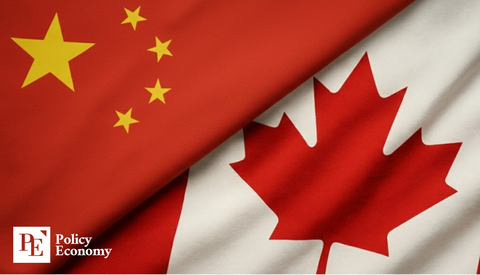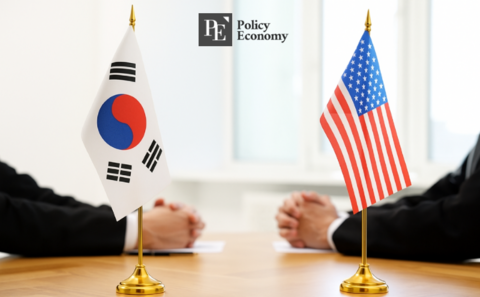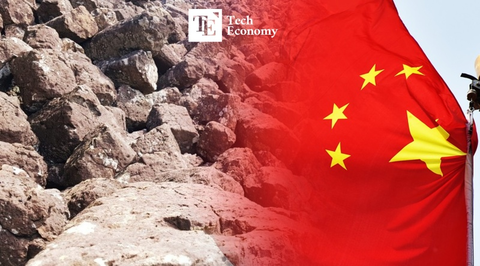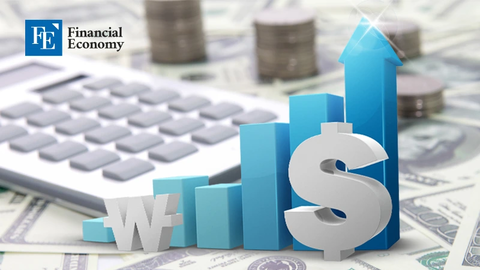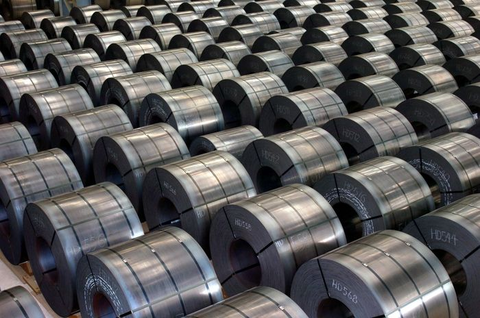Trump Shortlists Four Candidates for Next Fed Chair: “All Eyes on Pro-Trump Nominee”
Input
Modified
Kevin Hassett of NEC, Former Fed Governor Kevin Warsh Among Contenders Despite Powell’s Remaining Term, Trump Floats Successor Names Loyalists Seen as Potential Picks to Align with Trump’s Policy Agenda
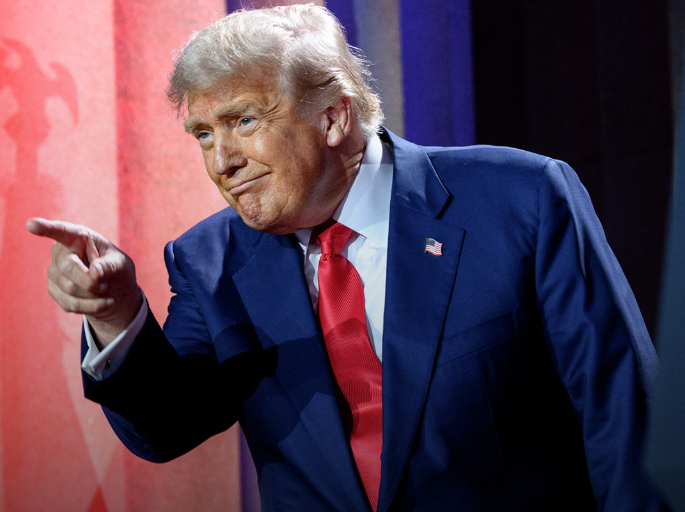
U.S. President Donald Trump has set in motion a sweeping reshuffle of the Federal Reserve, the institution that steers the course of the global economy. Following persistent clashes with current Chair Jerome Powell over interest rate policy, Trump is now positioning himself to install a more sympathetic figure at the helm.
Trump: “Four Candidates for Next Fed Chair”
According to Reuters on August 5 (local time), Trump told reporters at the White House that he is currently considering four candidates to succeed Powell: “two named Kevin and two others.” Powell, who took office in 2018 and was reappointed, is slated to serve through May 2026.
Later the same day, Trump appeared on CNBC’s Squawk Box and reiterated his short list. “Kevin and Kevin, both Kevins are very good,” he said, adding, “The other two are also doing very well. There are a lot of qualified people.” He emphasized that “one of the four will be selected,” but said he was not ready to make a final decision yet.
Other names floated as potential candidates include Treasury Secretary Scott Bessent and current Fed Governor Christopher Waller. However, Trump clarified that Bessent is not under consideration. The president stated that he had spoken with Bessent the night before and added, “I love Scott, but he wants to stay where he is.”
The process of selecting Powell’s successor accelerated following the resignation announcement of Fed Governor Adriana Kugler, a noted hawk who had opposed rate cuts. Kugler’s departure gives Trump the opportunity to preemptively fill the vacancy and position a potential successor to Powell. Since winning the presidential election last year, Trump has repeatedly pressured Powell to cut interest rates. After the Fed lowered rates by 25 basis points last December and held them steady thereafter, Trump lashed out, calling Powell “stupid” and “always too late.” More recently, Trump remarked, “I don’t want to make another regrettable choice. People may look great until you put them in the chair.”
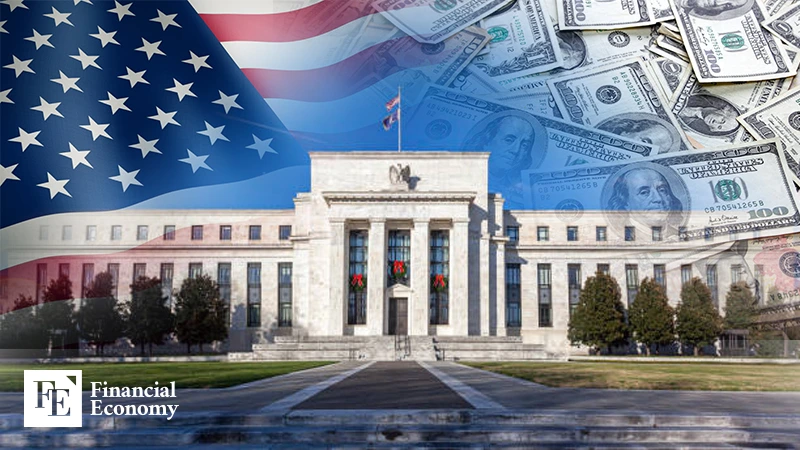
Loyalist Economist Hassett vs. Former Fed Insider Warsh
Among the names mentioned by Trump, Kevin Hassett, Chairman of the National Economic Council (NEC), and Kevin Warsh, former Fed Governor, have emerged as the most likely contenders. Following Trump’s comments, both Washington and Wall Street have been closely analyzing the candidates’ policy stances and economic visions. Hassett is widely regarded as someone with deep understanding of Trump’s economic agenda. He previously served as Chairman of the Council of Economic Advisers (CEA) during Trump’s first term.
Hassett holds a Ph.D. in economics from the University of Pennsylvania and is an academic by training. He spent years at the American Enterprise Institute (AEI), a conservative think tank, where he advocated for tax cuts and deregulation. Within the Trump administration, he was instrumental in crafting core policies such as corporate tax reductions and tariff measures. According to political media outlet Axios, Hassett played a key role in laying the theoretical groundwork for these initiatives. Trump counts him among his most trusted advisers.
Hassett also aligns with the Trump administration’s low interest rate stance. When the Fed delivered a “big cut” of 50 basis points last September, he later defended the move, stating, “The Fed made a very reasonable decision based on the data it had.” Some believe that, unlike Powell, Hassett is more compliant and would be inclined to aggressively lower rates in line with Trump’s preferences. Although he once defended the Fed’s independence and Powell’s leadership, Hassett has since reversed his position. In a July interview with ABC, when asked whether the president has the authority to fire the Fed Chair, he responded, “If there’s cause, the president clearly has that authority.”
However, critics point out that Hassett’s expertise lies predominantly in fiscal and tax policy, raising concerns over his lack of direct experience with the Fed’s core function—monetary policy. Additionally, his overtly conservative political leanings have sparked debate over whether his appointment would compromise the Fed’s independence.
Concerns Over Policy Neutrality Amid Loyalty-Driven Appointments
Kevin Warsh, the other top contender, is a seasoned veteran with prior experience inside the Fed. Appointed by President George W. Bush in 2006 at the age of 35, Warsh served a five-year term through 2011. During the 2008 global financial crisis, he worked closely with then-Chair Ben Bernanke, playing an active role in frontline policy decisions. After leaving the Fed, Warsh joined the Hoover Institution, a conservative think tank affiliated with Stanford University.
Warsh was also a finalist when Trump was selecting the Fed Chair during his first term but ultimately lost out to Powell. Since then, Trump has expressed regret over that decision and has publicly praised Warsh. Warsh has consistently criticized Powell’s policies, especially the Fed’s response to post-pandemic inflation and its reluctance to cut rates. According to PBS, Warsh has repeatedly said that a “regime change” is necessary in the execution of Fed policy.
However, Warsh’s current views diverge somewhat from his record during his tenure as Fed Governor. While he now supports rate cuts, he was previously known for his hawkish stance prioritizing price stability. This shift has led U.S. media outlets such as The Wall Street Journal to speculate whether Warsh’s evolving position reflects a genuine reassessment of economic conditions or a strategic pivot to align with the Trump administration.
It is important to note that a new Fed Chair does not hold unilateral power over monetary policy decisions. The Federal Open Market Committee (FOMC), composed of 12 voting members, determines the federal funds rate through majority vote. However, the Chair has substantial influence—setting meeting agendas, steering policy discussions, and serving as the public face of the Fed. Depending on which economic indicators the Chair emphasizes and which policies they prioritize, the tone and direction of FOMC deliberations can shift significantly. Ultimately, if the White House installs a Fed Chair aligned with its policy agenda, the Fed’s center of gravity may tilt toward the executive branch—regardless of how the FOMC votes unfold.



